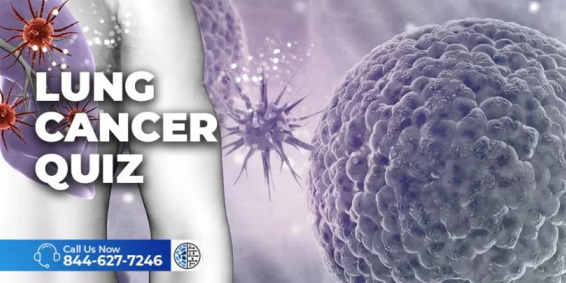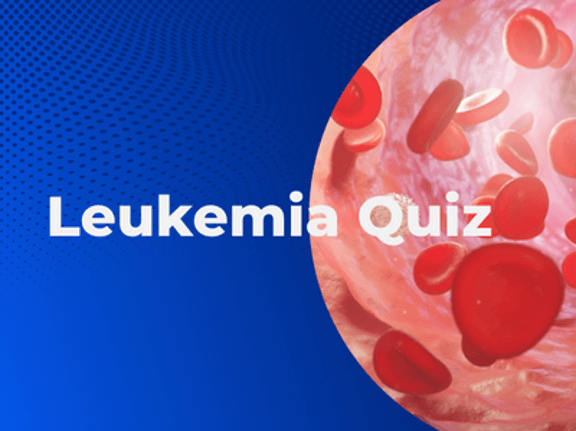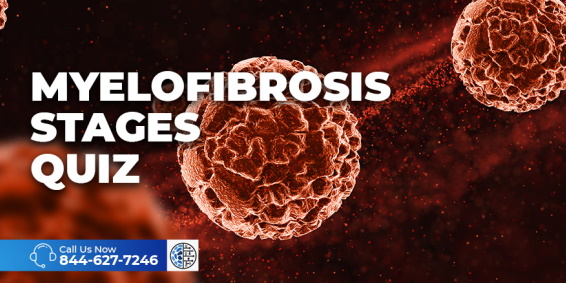
Lung Cancer Quiz
This online assessment takes only 2 minutes. It will help you find the right clinical trials for you.

Fiona Evans
We ask this to determine which clinical trials you may be eligible for.
If you need to contact us right away?
Call +1 844 627 7246Your personal data is fully confidential and 100% secure
While taking the Lung cancer quiz, you will answer questions about the symptoms, causes, and risk factors associated with Lung cancer. Lung cancer is known to be one of the most common cancer types and has a considerably high mortality rate. There are two main types of Lung cancer. Non-Small Cell Lung Cancer (NSCLC) accounts for 85% of lung cancer patients, while Small Cell Lung Cancer (SCLC) accounts for 15%. Vocal cords create sound by vibrating open and closed, but lung cancers can affect the nerve that triggers this movement.
The Lung cancer quiz can help give an idea of who should be screened for this disease. You might help cut back your danger of cancer by making healthy choices like eating proper, staying active and not smoking. It is also important to observe beneficial screening tips, which can help detect some cancers early.
What are the signs and symptoms of Lung Cancer?
One of the first indicators of most cancers, together with lung cancer, is unexplained weight loss. The most well-known risk factor for Lung cancer is smoking cigarettes. 10 years after quitting smoking, the chance of dying from lung most cancer types are about half that of a person who is still smoking. For people who smoke, much of the lung injury that may lead to cancer could be repaired if they quit smoking. Those who don’t smoke but breathe in secondhand smoke still take in nicotine and most cancer-causing chemical substances by the identical route smokers do. In truth, a non-smoker who lives or works with a smoker has roughly a 20% to 30% greater risk of developing lung cancer.
If the cancer impacts your nervous system, it might weaken muscles so that you have with trouble talking or swallowing. Large-cell lung cancer can disrupt your hormone stability and trigger tenderness and swelling in male breast tissue. Small-cell lung cancers might inform your immune system to assault your nervous system, which might in turn affect how your muscles work. If you have had Lung cancer before, you are at a higher risk of developing another other lung cancer.
Almost Done!
Please complete the required fields and we will send results to your email.
You have completed the quiz.
0 out 0 answers are correct

We ask this to determine which clinical trials you may be eligible for.
Fiona Evans Massive Bio Patient Relations CoordinatorIf you need to contact us right away?
Call +1 844 627 7246Your personal data is fully confidential and 100% secure

© 2024 Massive Bio. All rights reserved








